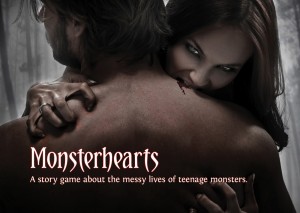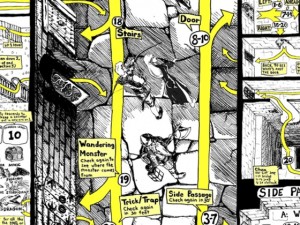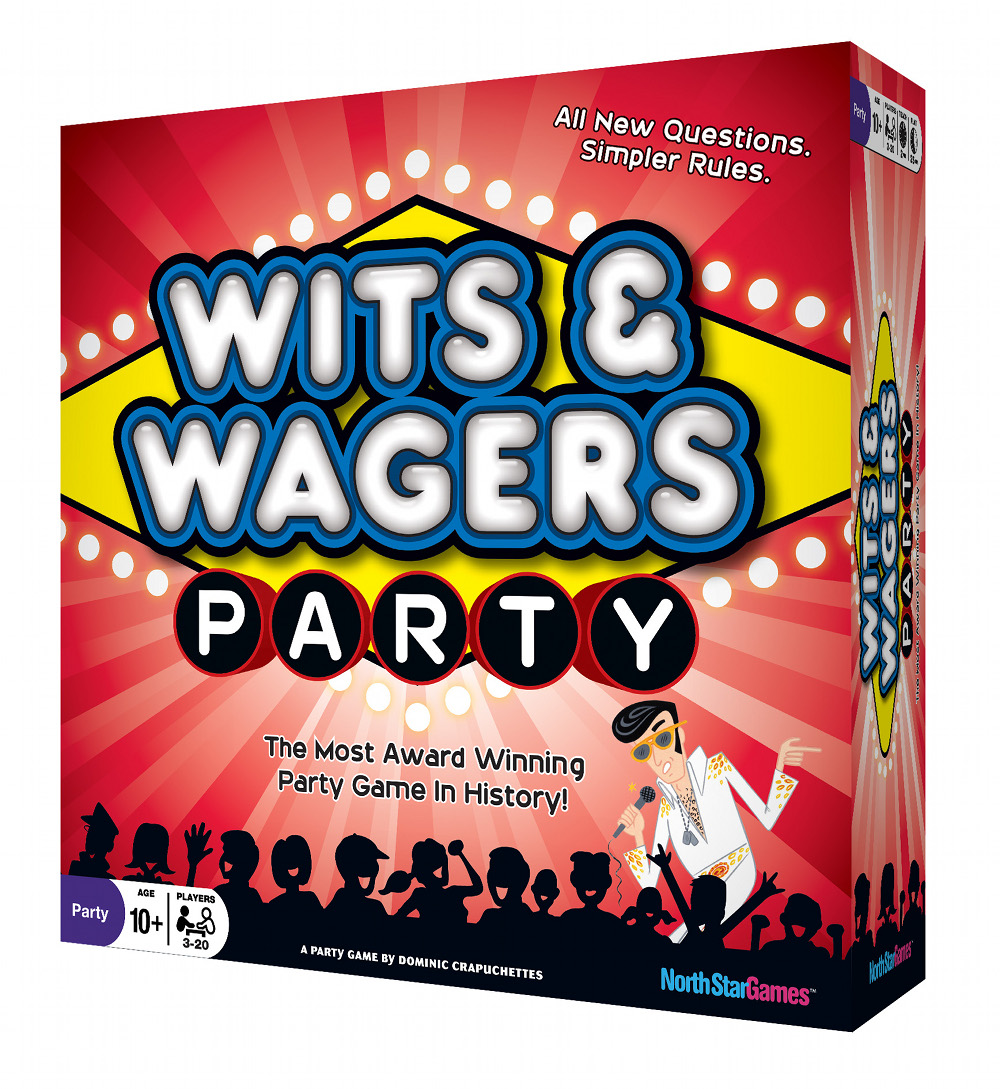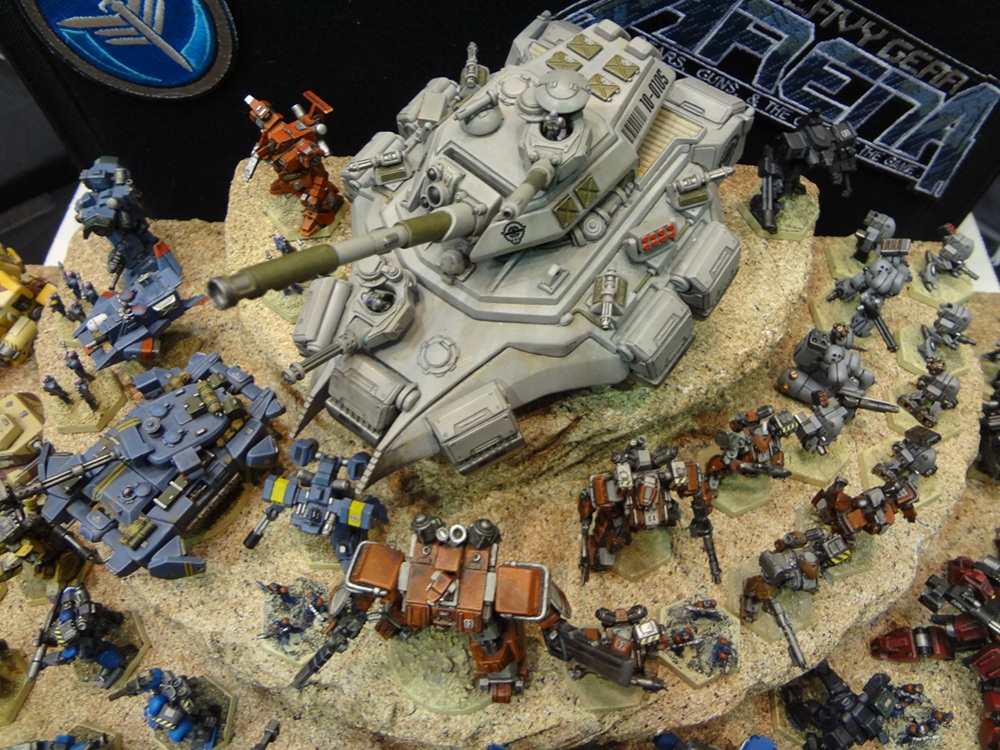GTS 2012 – Jim Crocker on RPGs: The Next Generation
Making the Most of Organized Play Support
Jim Crocker of Modern Myths was in the middle of presenting when I stepped into his seminar Tuesday morning. He emphasized that retailers should create a comfortable environment in their stores. Switching to organized play, he advocated making the most of Wizards of the Coast’s aggressive support of in-store play. “You pay for the support. Use it.” The majority of seminar attendees use Wednesday Night Encounters in their stores. Crocker pointed out that by frequently running the D&D Encounters, retailers can get their D&D product 10 days before mass market retailers such as Amazon.
At Modern Myths, Crocker offers Dungeons and Dragons-themed birthday parties. He re-uses the encounters modules from the Wednesday Night Encounters for those parties. He suggested that other retailers next pursue Paizo’s supported play, which he characterized as “more complex” than D&D’s and suggested nominating at least one staff member to be the point of contact for these companies. He pointed out that Magic: The Gathering isn’t the only product store owners can have launch events for and cited Fantasy Flight as a company actively supporting such events.
Making Every Event New Player Friendly
Crocker pointed out that veteran and lifestyle players already have found a place to shop and stressed that retailers make every single event that they run new-player friendly with “all materials supplied”. For D&D Lair Assaults, he suggests having some pre-made characters ready. He argued that the days of running your shop as out of sight, out of mind are long past, instead retailers should make sure their stores are welcoming, “it is your sales floor,” he pointed out and said that his mother and her friends should be able to come in and play bridge in a gaming store. Foreshadowing comments later that day by WotC’s Vice President of Sales Scott Knoblich, he emphasized that part of store maintenance is regular cleaning.
What RPGs to carry?
What should store owners stock? Crocker advocated retailers being like Family Guy’s Peter Griffin: “wide but shallow”. Retailers should stock as many core books of as many in-print systems as they can. They should re-think ordering threes or fours of product and explained that the process is counter-intuitive, that the greater the diversity, the more retailers will sell of the core games. In gaming groups with 5-10 players, typically only 1-2 are purchasing and running the games. When it comes time to start a new rules system, typically 4 out of 6 players might buy the core book for it.
For supplments and modules, Crocker orders “generally just onesies” and says don’t feel bad about only ordering one. If it sells within 30 days, he’ll restock it, but if it languishes on the shelf for over 6 months, he’ll zero out any orders of the product.
He reminded the attending retailers that they need to be aggressive about taking special orders and as far as rules going out of print or about to be relaunched, he “nukes” them, by marking down the price to used book prices. Get them out of the store and get the cash out of them and you should be able to make back their wholesale prices. As for Dungeons & Dragons’ move to 5th Edition, Crocker has zeroed out everything but essentials. While the release is expected at 18 months away, those who want to start playing “the world’s most-played RPG”, don’t want to wait those 18 months and need product right now. Crocker quoted friend Gary Ray from Black Diamond Games, “In the edition wars you don’t want to be a partisan, you want to be the arms dealer.”
Stocking for the Hardcore Gamer
The downside of carrying the major rules systems, Jim Crocker pointed out, was that they’re carried by everyone. To “woo” the hardcore gamer, retailers need to offer something they can’t find elsewhere, such as games from Evil Hat Productions. These smaller publishers typically are not discounted as deeply by internet retailers, if carried at all.
In Crocker’s opinion, Indie Press Revolution is one of the best places for a retailer to begin looking. Their terms are very reasonable with a $200 minimum wholesale. They have a lot of exclusive content that is really good, but be prepared to order multiple copies of such titles at a time, Crocker warned, perhaps 4-6.
The Growth of Crowd-Funded Role-Playing Games
Using Rich Burlew’s raising of over $1.2 million to get his Order of the Stick materials back in print, Crocker explained the recent surge in crowd-funded role-playing games. One of the games that Crocker recently supported was Monsterhearts, a game fusing the Buffy/Twilight/Ginger Snaps genre of teen romance and horror. Funded on indiegogo, Monsterhearts offered something that is becoming more common, special rewards at the retail level for contributors. Retail supporters could get 6 copies for $60. Modern Myths can then “keystone” the RPGs when they are released, selling their $10 copies for $20.
Another product Jim Crocker shared was Random Dungeon Generator as a Dungeon Map on Kickstarter and cited the success of the previous venture from Paul Hughes, the Wandering Monster poster. By hanging both products up, a GM or DM could have a very easy dungeon crawl hanging on the wall right beside him. At this point, a retailer pointed out that many of his customers come to him now with Kickstarter projects that they are interested in and he has offered to invest for them provided they promise to buy the games from him. He doesn’t have to spend his time browsing Kickstarter for promising games and his customers are happy.
Further Products to Stock
Core products for hardcore gamers include dice. Crocker advocates keeping lots of sets on hand and to rotate through styles and color. A supply of loose dice creates a tactile experience for customers. A quick benchmark of whether a store selling RPGs knows what it is doing is if they carry Fudge Dice, Crocker opined. Get the dice out where people can touch and feel them. Yes, some shrinkage will occur with shoplifting, but the dice will help pay for themselves. Several retailers joined in, sharing their dice storage methods, including a barrel of dice, as well as dice-cleaning tips. Female gamers are particularly attracted to dice selection, but novelty is also a key purchasing factor. Even if no game uses a 16-sided die, a gamer will want to own one.




Pingback:GAMA Trade Show Crowdfunding: Kickstarter and Indiegogo | Craven Games: In-Depth Tabletop Games Coverage